At a parliamentary inquiry into antisemitism on university campuses, tensions ran high as the Australian National University (ANU) faced scrutiny over its handling of an incident involving a student allegedly making a Nazi salute during a student union meeting.
A Closer Look at the Incident
The controversy stemmed from video footage that surfaced showing a student appearing to perform a Nazi salute and another mimicking a Hitler moustache during the 2024 ANUSA meeting attended by around 500 individuals. The incident occurred amidst discussions about ANU’s pro-Palestine encampment and the experiences of Jewish students on campus.
Labor MP Josh Burns, who chaired the inquiry, expressed disbelief at ANU’s denial of the alleged salute, questioning how such actions could be interpreted as anything other than what they appeared to be. Despite widespread media coverage and public outcry following the incident, ANU officials maintained that their investigation found no evidence of a Nazi salute or Hitler moustache.
Insights from Experts
In situations like these, where there is ambiguity surrounding potentially offensive gestures or remarks, it becomes crucial for universities to conduct thorough investigations to uphold accountability and maintain trust within their communities. Expert opinions suggest that educational institutions must strike a balance between protecting freedom of speech while ensuring that expressions do not cross into hate speech or discrimination.
The deputy academic vice chancellor at ANU acknowledged the gravity of the situation, acknowledging that any form of antisemitism is unacceptable. She emphasized the importance of delving beyond surface appearances to understand the context and intent behind such actions.
Challenges Faced by Jewish Students
Danielle Tischmann, co-president of the Australian Union of Jewish Students (AUJS), raised concerns about the lack of psychological support offered to Jewish students affected by the incident. She highlighted deficiencies in communication between university administration and students impacted by acts of discrimination or prejudice.
Tischmann’s remarks underscored broader issues faced by minority groups on college campuses regarding transparency in disciplinary processes and avenues for seeking redress in cases of discrimination. The need for proactive measures to address incidents promptly and support affected individuals emerged as a central theme in discussions surrounding campus inclusivity.
University Responses and Future Actions
As universities navigate complex terrain involving freedom of expression, safety considerations for all students remain paramount. ANUSA incoming president Will Burfoot articulated plans for enhanced safety measures during meetings to prevent future incidents like those witnessed during the contentious union gathering.
Moreover, reflections from Professor Mark Scott, vice chancellor at the University of Sydney, shed light on challenges faced by educational institutions in managing diverse viewpoints while fostering safe environments for dialogue. Emphasizing respect for differing perspectives while upholding standards against hate speech encapsulated ongoing efforts within academia towards creating inclusive spaces conducive to learning and debate.
In conclusion, instances such as these serve as reminders for universities worldwide to reevaluate their policies concerning freedom of expression alongside mechanisms for addressing instances that contravene principles of respect and tolerance within academic settings.


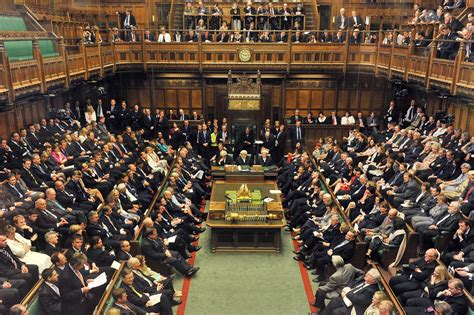
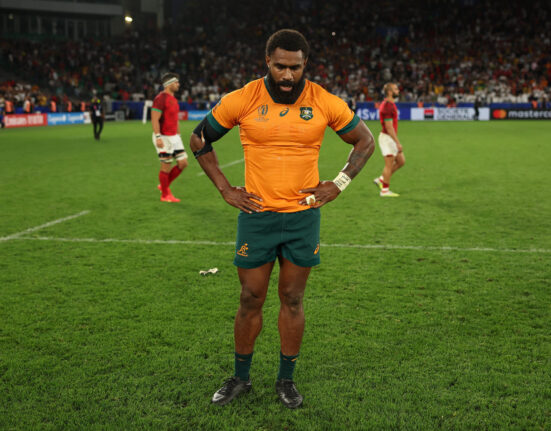
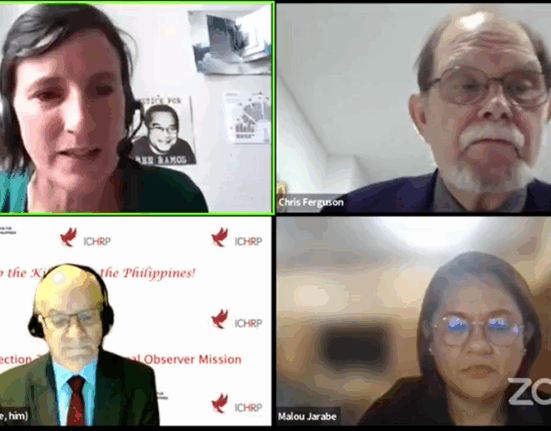
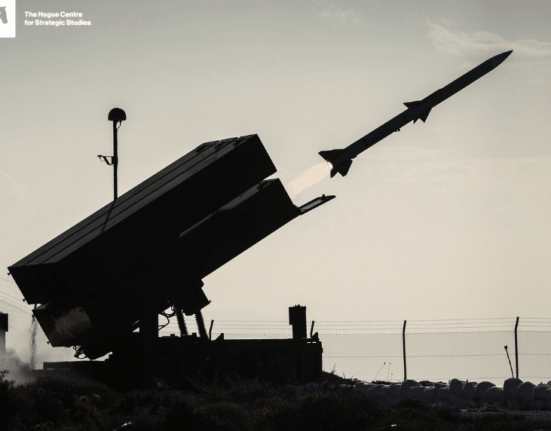
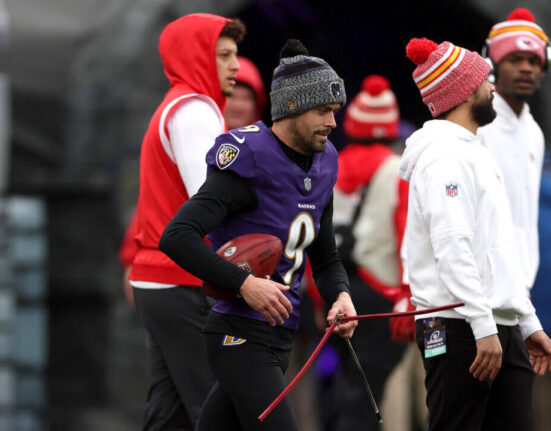
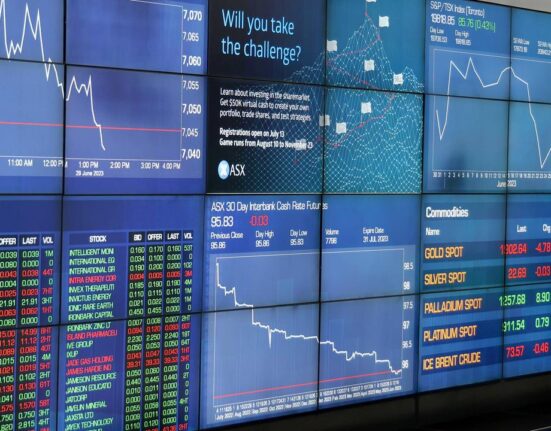

Leave feedback about this